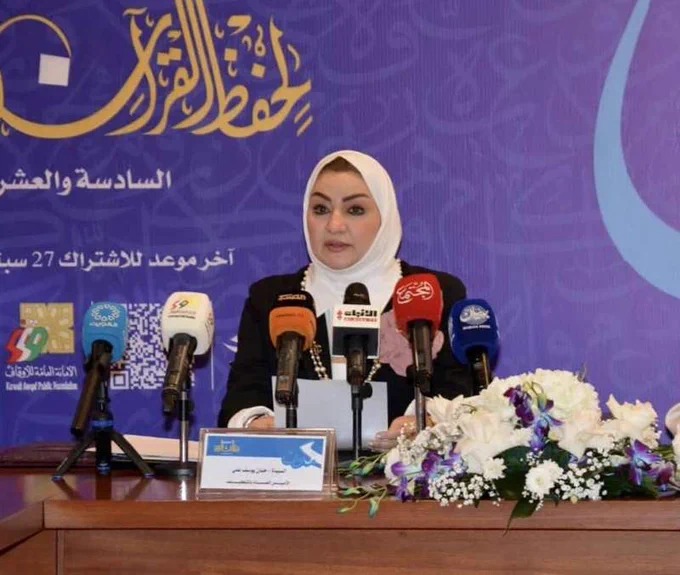GUST’s Global Studies Center gives insight on Swedish Perspective of the Middle East

• The lecture was led by three leading Swedish academics from Lund University
• Speakers explored different perspectives and perceptions of the Middle East in Sweden and Europe
Kuwait City, 11th December, 2016: Gulf University for Science and Technology’s (GUST) Global Studies Center (GSC) hosted a lecture this week titled “Sustainibilty, Youth Culture, and the ‘Global Middle East’ – An Interdisciplinary Perspective”. The lecture was led by three leading Swedish academics from Lund University, and was open to the public at its campus in West Mishref.
The speakers, Spyros Sofos, Anders Ackfeldt, and Dr. Lina Eklund, discussed and explored different perspectives and perceptions of the Middle East, through topics such as sustainability, institutions and governance, and the presence and impact of the Middle East globally. The speakers also explained the prevalent stereotypes in Sweden and Western Europe of the Middle East, if so, how are they prevalent. Furthermore, the discussion explained how can research foster mutual understanding cooperation.
Head of the Global Studies Center at GUST, Dr. Martin Rosenstock, said, “There are many preconceptions and stereotypes in European societies with regard to the Middle East. We hope that exploring these will equip our students to understand why they exist, and how to confront them. We, of course, also hope that the event will map out pathways to productive engagement and break mental barriers.”
The GSC was founded in 2015 in partnership with the National University of Singapore, and aims to conduct cutting-edge research on cross-national political, economic, social, cultural, and environmental issues of critical importance, as well as share research output and information regionally and globally. It seeks to foster public understanding of global issues and support the policy-making processes of concerned states.
Previous events hosted by the GSC include a lecture by Dr. Peter Sluglett, an expert on Middle Eastern history and Director of the Middle East Institute at NUS, entitled: “An Improvement on Colonialism? The ‘A’ Mandates and their Legacy in the Middle East”, a lecture by Dr. Daniel Brumberg, the Kuwait Program Visiting Professor at the Paris School of International Affairs, on US-Arab Relations in a Time of Crisis, also, a lecture by Dr. Jan Claudius Voelkel, a lecturer in Euro-Mediterranean studies at the German Academic Exchange Service (DAAD), entitled “Brexit and the Future of the European Union”, and a seminar by Prof. Eckart Woertz, a scientific advisor to the Kuwait Chair at Sciences Po in Paris, titled “The Geopolitics of Food Security: New Players in Global Value Chains and what it Means for Food Importers in the Middle East”.







